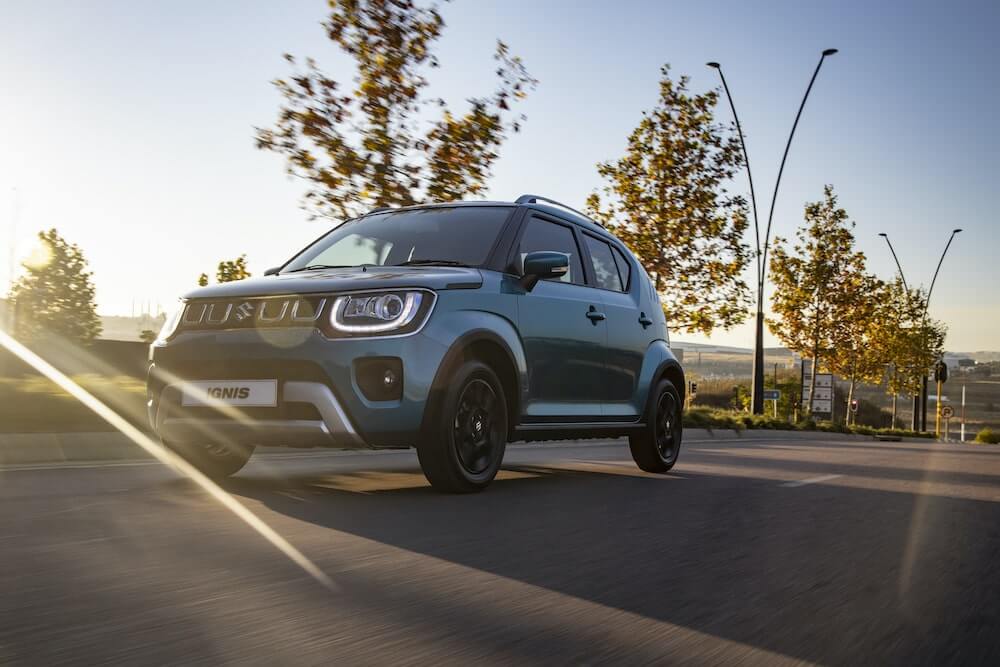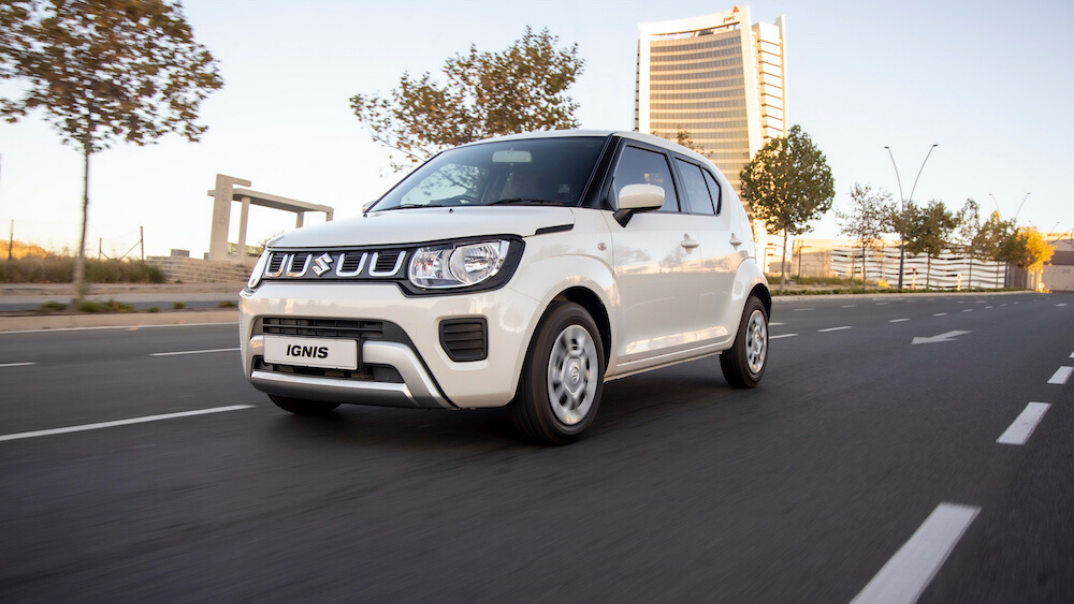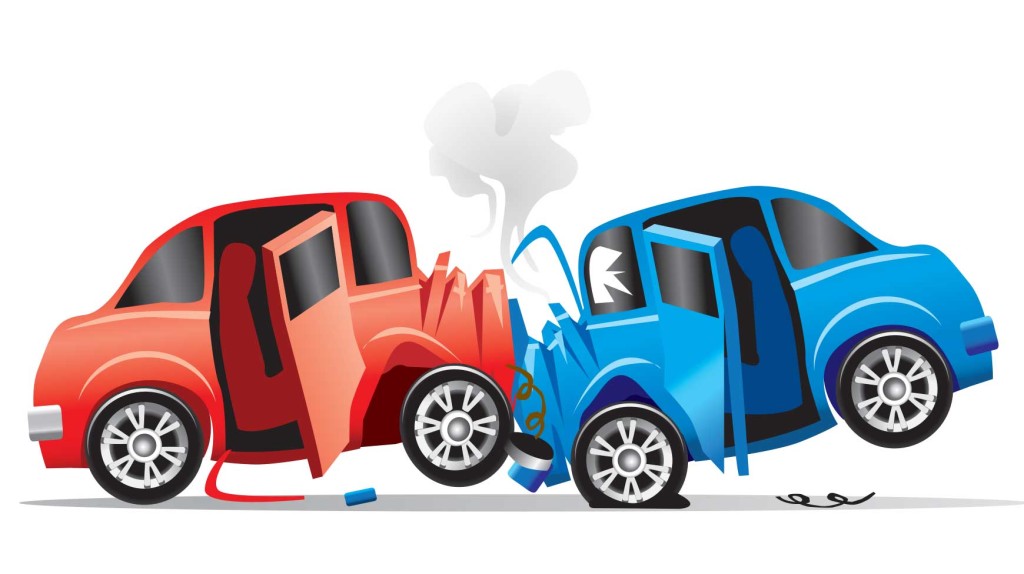Finding the right car insurance policy with the right insurance provider is tricky and can feel overwhelming. Here’s a layman’s guide to serve as a starting point when considering the type of cover you want.
Insurance jargon, policy definitions, technical terms… These are all things that can get lost in translation. While you should always clarify any questions you have with your insurance provider, this simplified article helps decode some of the commonly misunderstood and overlooked aspects of insurance policies.
Comprehensive vs. 3rd party insurance
Comprehensive cover refers to insurance that will cover most expenses you might incur, such as accidents, theft, fires, repairs, and various other insured events. It also covers claims from third parties, meaning both yours and the third party’s costs will be covered under insurance. Third party insurance will only cover the cost of the third party’s claim, and won’t cover your own costs. In other words, third party insurance only covers the other person’s damages, while comprehensive insurance covers both yours and the other person’s damages.
It’s an important distinction because, whether a third party is involved or not, you would ideally want to be insured in case of any eventuality, which is why comprehensive cover is the better option.
Retail value vs. replacement value
A car’s retail value is different to its replacement value. Retail value refers to the overall price a dealer could sell your car for. Replacement value refers to how much it would cost to replace your car with a similar model. The retail value of your car is closest in price to the replacement value; however, the retail value is the highest amount your car could be sold for.
Shortfall cover
Shortfall cover is a type of insurance that covers any specific exclusions in an existing insurance policy. Always check policy exclusions with your insurer, as many policies may exclude specific events or incurred costs, which is why shortfall cover is something to consider. Many insurance companies provide shortfall cover and it’s something worth looking into.
What cover to consider when buying a new car
Ideally you’d want to be covered for any possible damages incurred to your own vehicle, as well as that of a third party. You’d also want to be covered for any policy exclusions, as well as in the event of your death. While these are all possibilities we may not want to think about, it's a good idea to be covered anyway. To ensure you’re covered for all of the above, the best option would be comprehensive cover, with shortfall cover, and a life insurance policy. Your insurance broker/provider can help you decide which policies would suit your needs best.
Why life insurance is important
When financing a vehicle, having a life insurance policy is important. While the two may not initially seem related, they do go hand in hand. Many accidental deaths are caused by car accidents, which is a grim prospect, but one that should be considered when financing a vehicle. Taking out a car/vehicle loan generally requires monthly payments that would come out of your monthly income. If you were to pass away, your family would inherit the debt still owed on the car/vehicle loan, without having your income to finance it. Life insurance will ensure your family is able to fulfill that debt.
Quality vs. quantity
It makes sense to want to pay the lowest amount in vehicle insurance premiums, but lower premiums generally mean more exclusions in the policy. While actively comparing various quotes from different insurance companies is a good idea, going with the lowest premium isn’t always the best idea. Saving money on premiums short term could actually mean that you incur much greater costs in the event of an accident, or other vehicle-related damages in the future. Lower premiums generally mean you’d have to pay more in excess payments. Excess payments refer to costs you’d have to pay out-of-pocket because your policy doesn’t cover them. It’s very important to be clear on exactly what your policy does and doesn’t cover. Don’t sacrifice quality for quantity.
Driver policies
This is a particularly important aspect to clarify with your insurance provider if you share your car with someone. The driver policy refers to what the insurance policy will cover in the event of damages incurred, depending on who was driving the car at the time of the accident. Driver policies aren’t always determined by who legally owns the car. Different policies have different stipulations under the driver of the car. Open driver policies cover damages incurred, regardless of who was driving (as long as the driver was adhering to policy regulations and driving in accordance with road laws). Restricted driver policies only cover the listed regular driver/s. It’s very important to be honest with your insurer regarding the regular driver and who else may drive the car within certain time periods. If you’re unsure about driver policies or who qualifies as a regular driver, always ask for clarification from your insurance provider.
Factors influencing insurance premiums
Insurance providers use facts and statistics to create risk profiles. Your provider will determine your risk profile (i.e. how much of a risk you are to the provider, how likely you are to claim) based on various factors. Different providers may consider different factors, but some of the most common factors include:
- Regular driver’s demographic information – Your age, gender, financial background, annual income, and where you live.
- The type of car you drive – How old the car is, the make and model, and any existing damage/problems.
- History – All previous accidents, previous claims, credit history, and other previously incurred damages.
- Security – Alarm system, whether a tracker is installed, and even where you normally park your car.
- Inflation – Your premium will increase annually with market inflation.
Each of these factors will affect your premium differently, and it may be worth asking your insurance provider for a breakdown of how your premium has been calculated.
Why car insurance is essential
If you own a vehicle, having an active insurance policy is absolutely essential. There are so many possibilities when it comes to accidents, incurred damages, and driving in general. Having an insurance policy will protect you in many ways, from accidents with uninsured parties to breakdowns and unforeseen repairs, to simply having peace of mind knowing that you’re covered for any eventuality. There are far too many risk-related variables to consider when it comes to not having insurance.
As the owner of a Suzuki, you can have added peace of mind with the Suzuki Roadside Assistance package. Suzuki Roadside Assistance is a comprehensive package that incorporates battery and locksmith call-out services, mechanical and electrical breakdown towing, emergency medical rescue, vehicle repatriation and stand-by-you-armed roadside security response service. You can read the full guide here.
There’s a lot to consider when buying a new car. Don’t let finding the right insurance cover intimidate you. It’s often worthwhile to consult a qualified insurance broker or financial advisor to make sure you choose the best possible policy, tailor-made to fit your individual needs.
For more creative content and information from Suzuki delivered straight to your inbox, subscribe to our blog.



